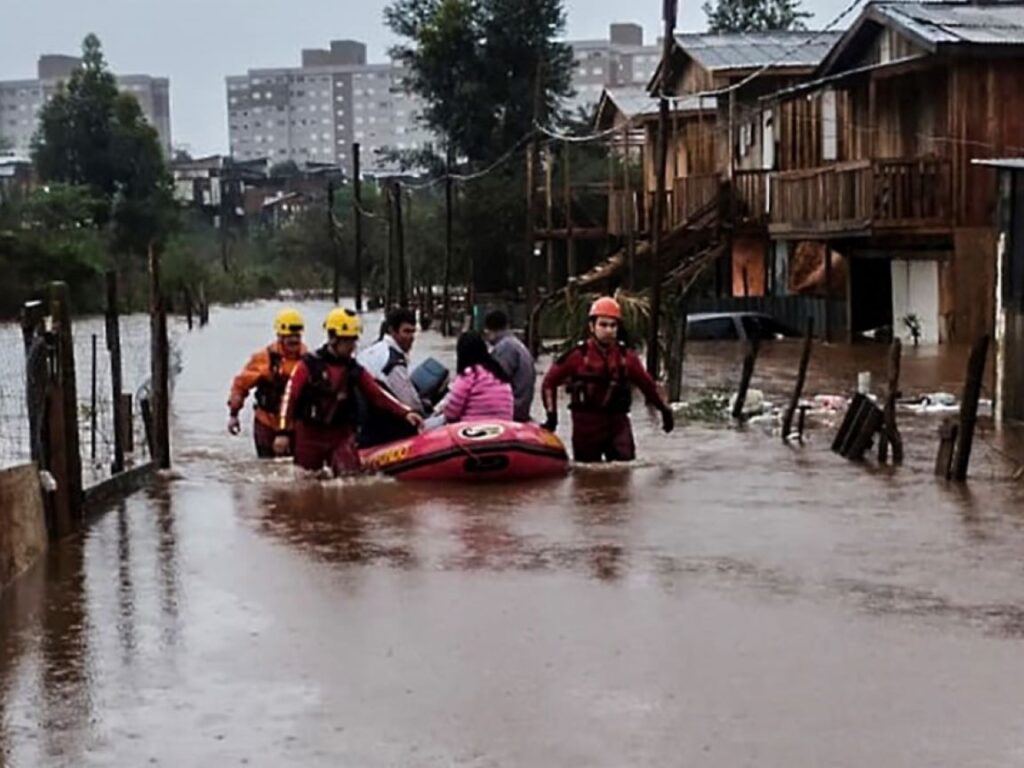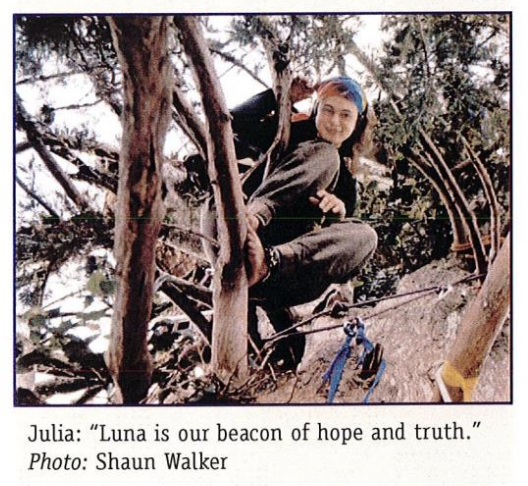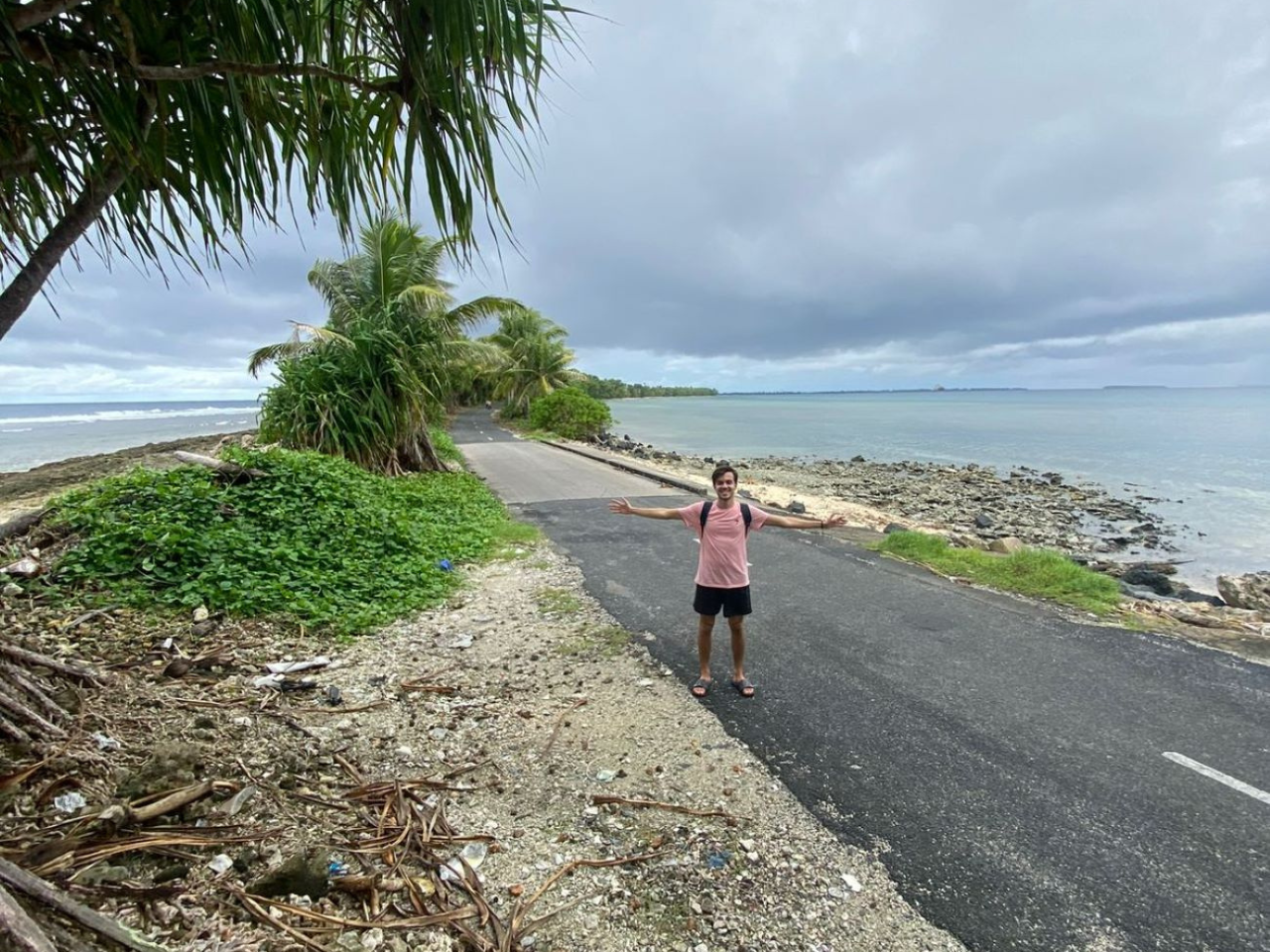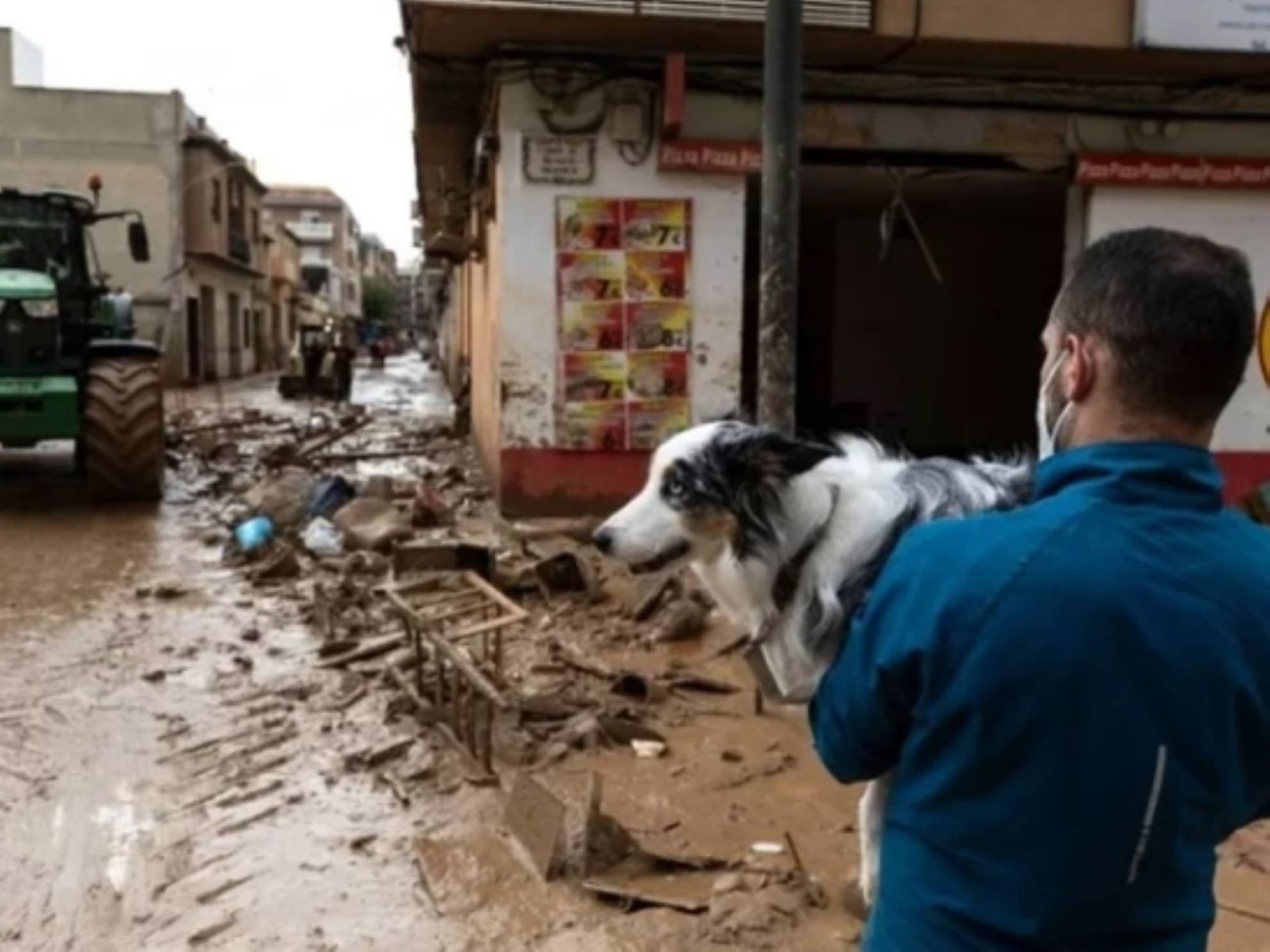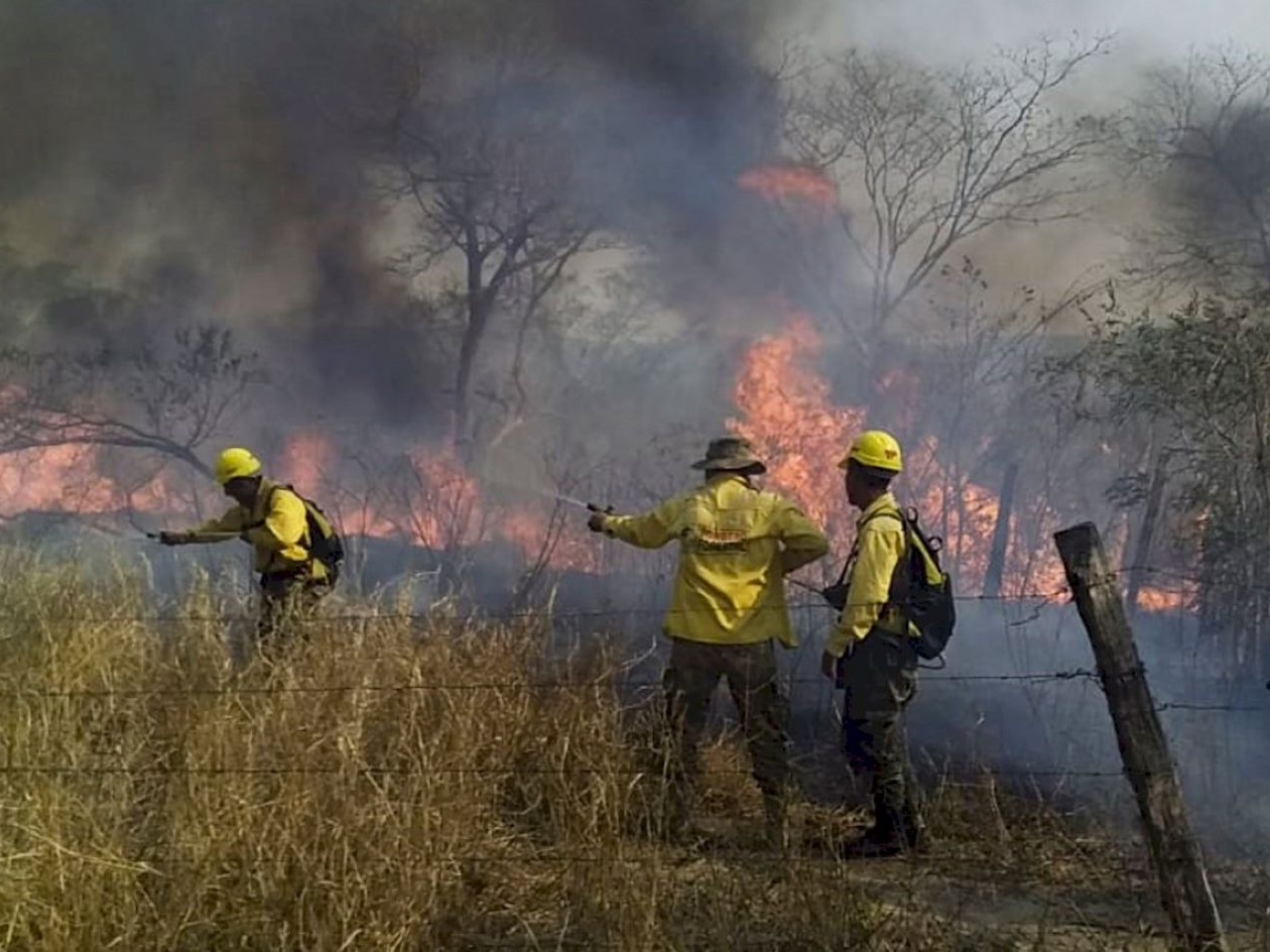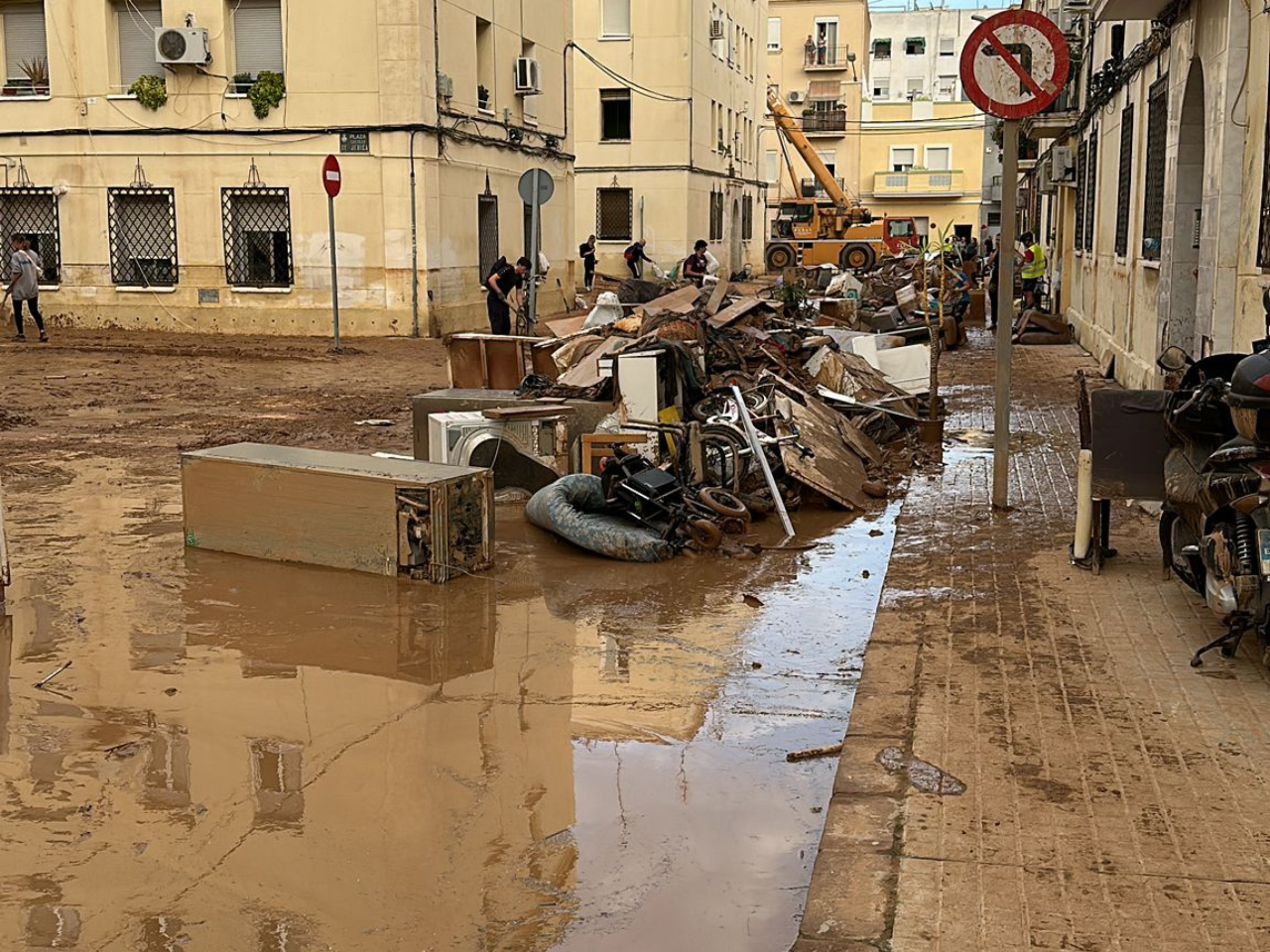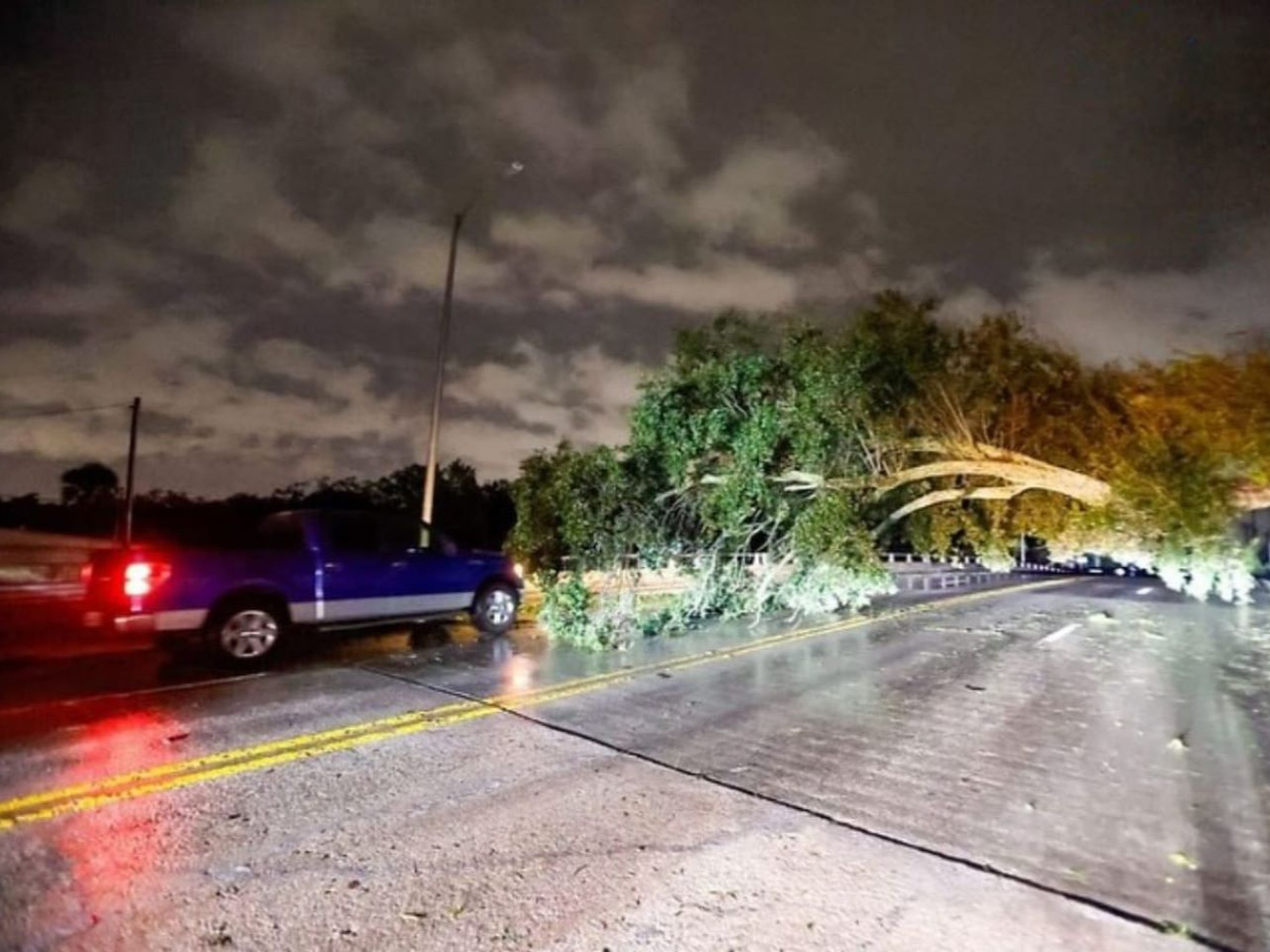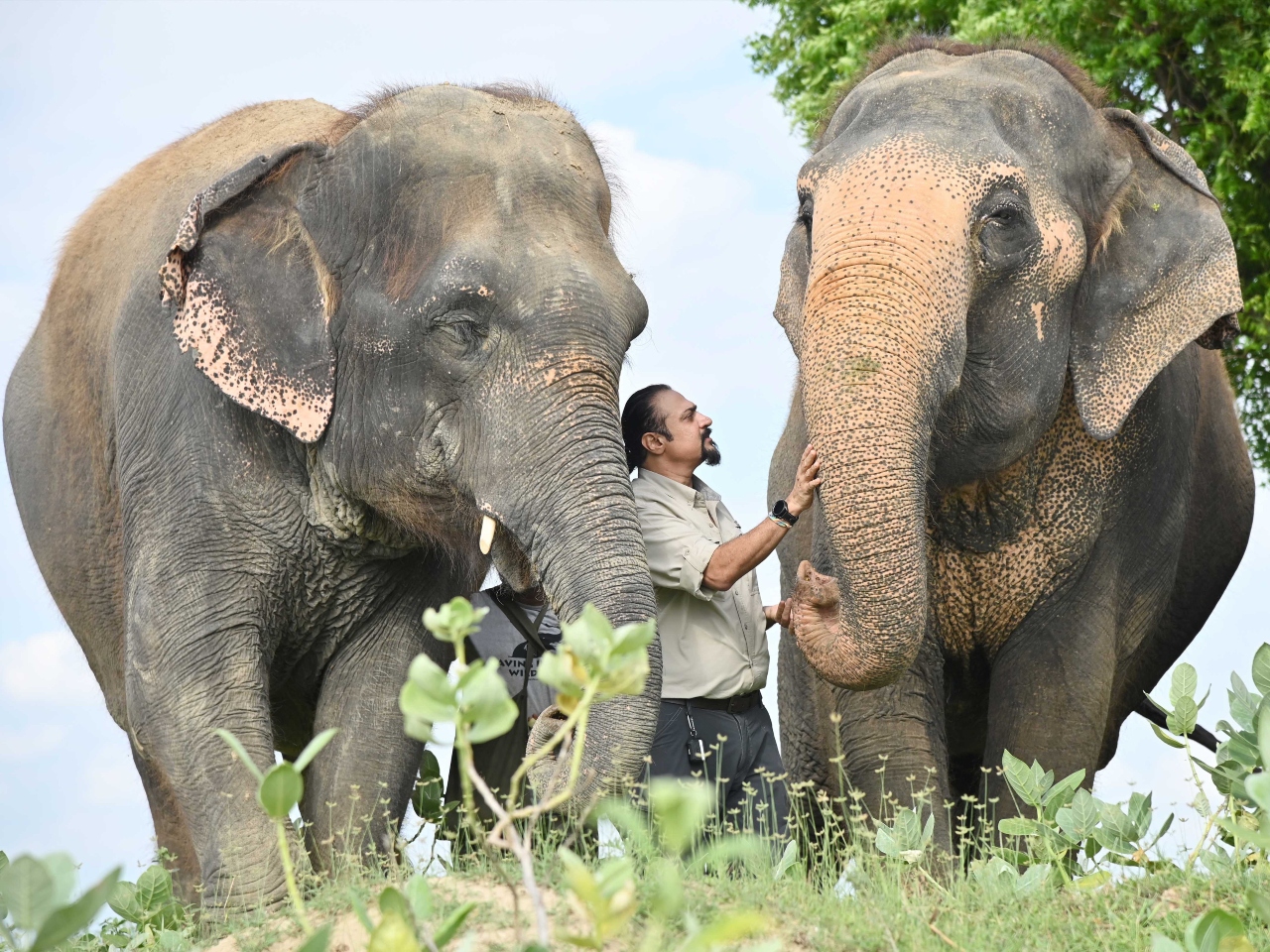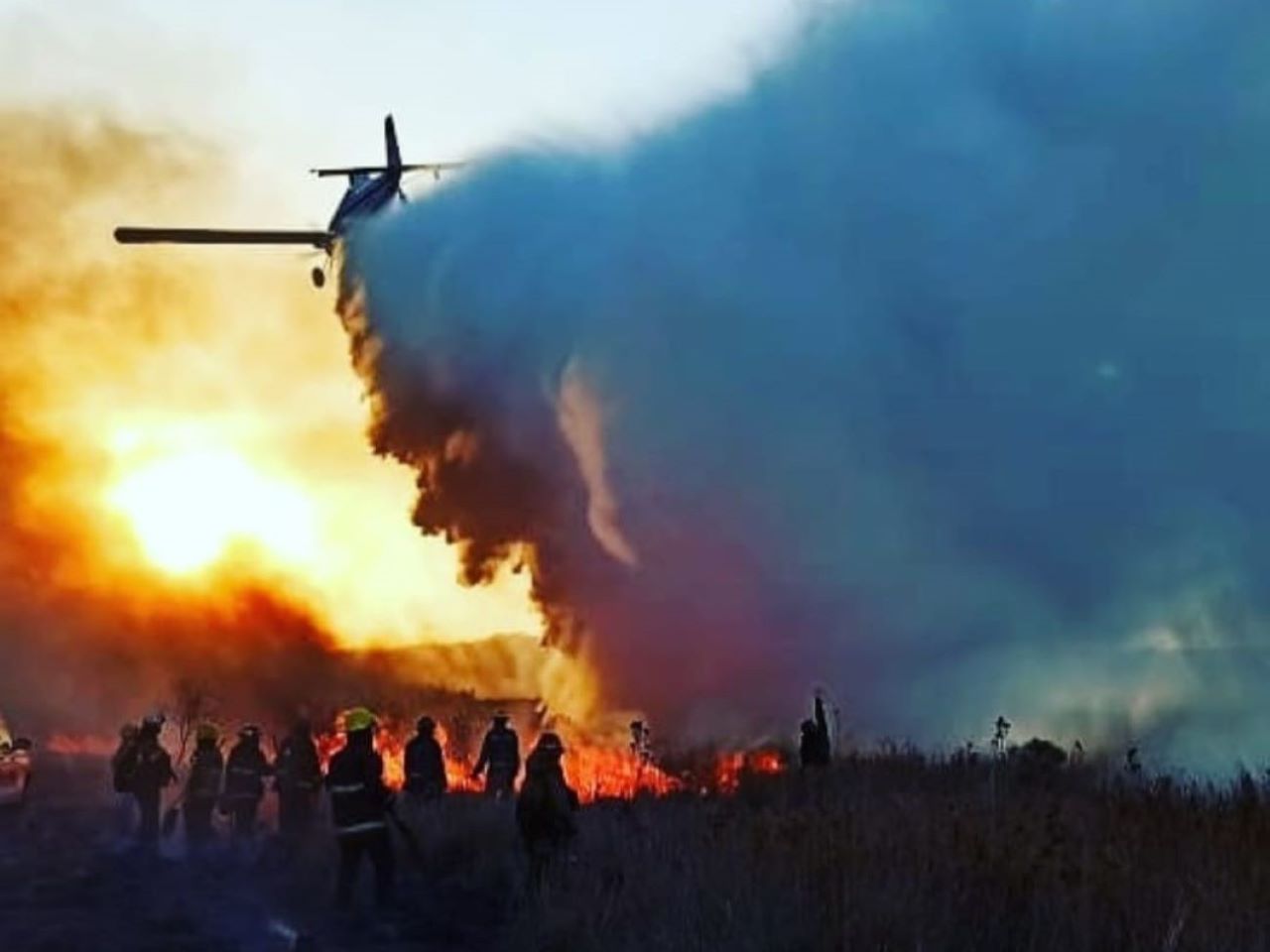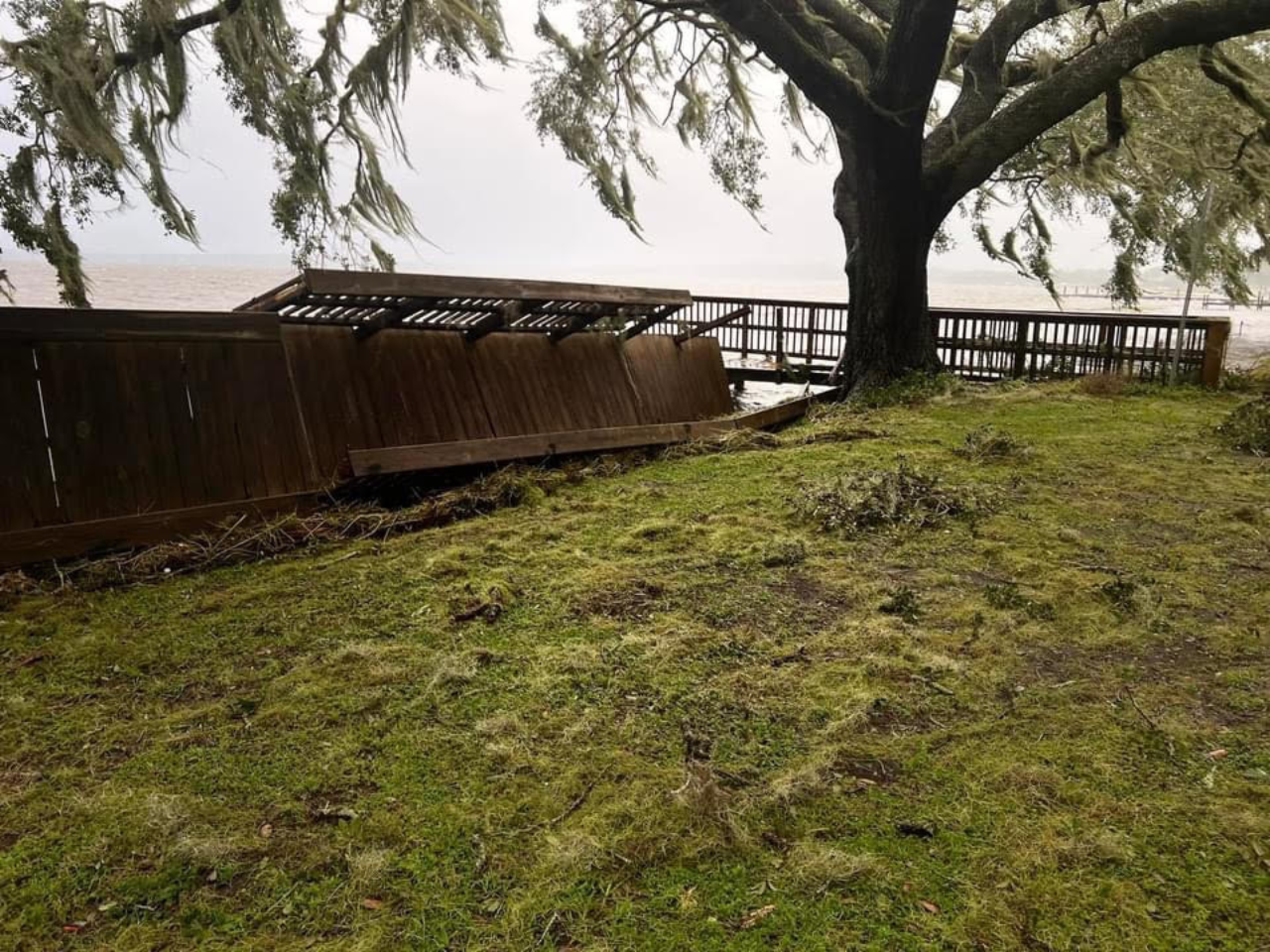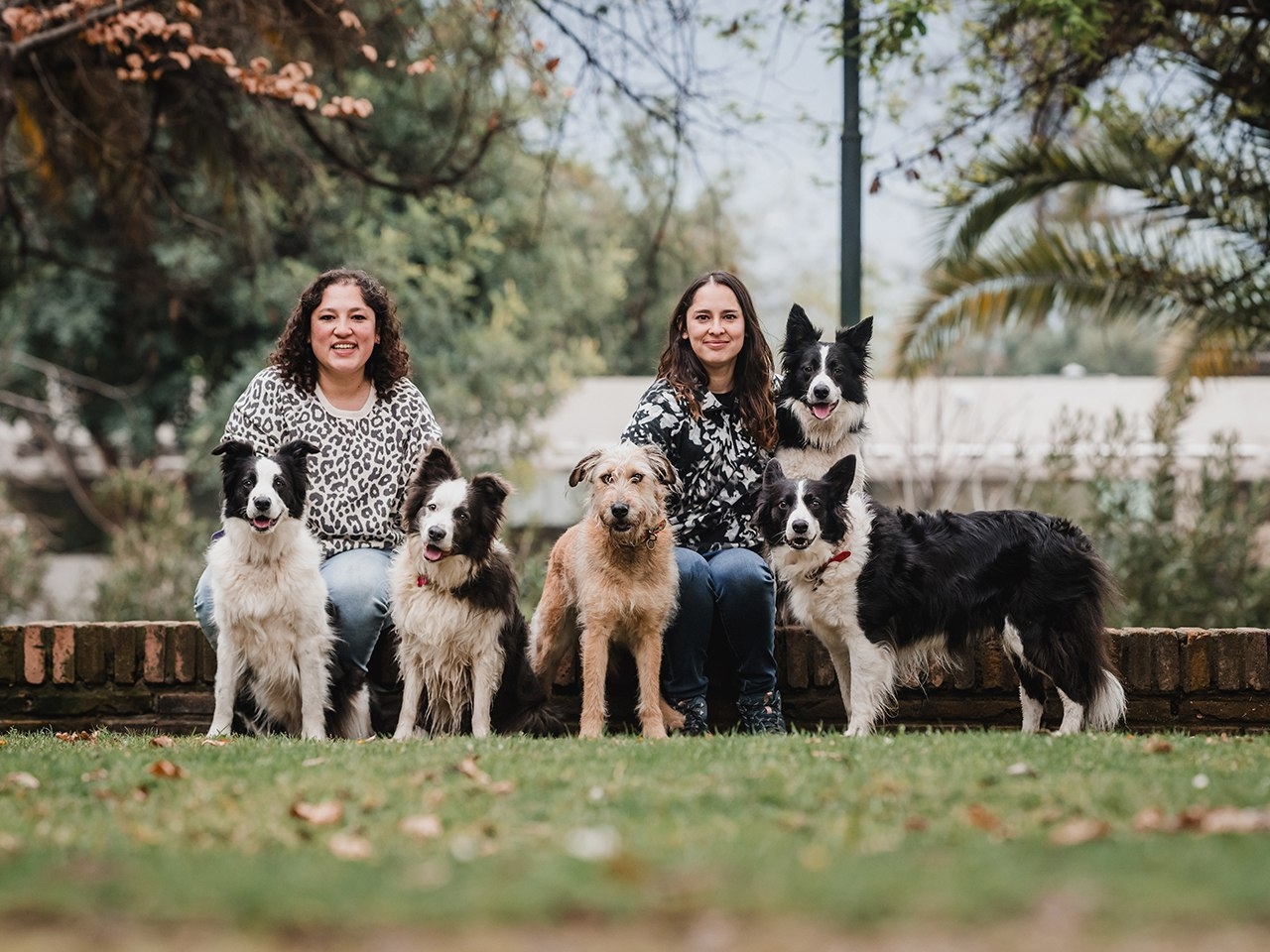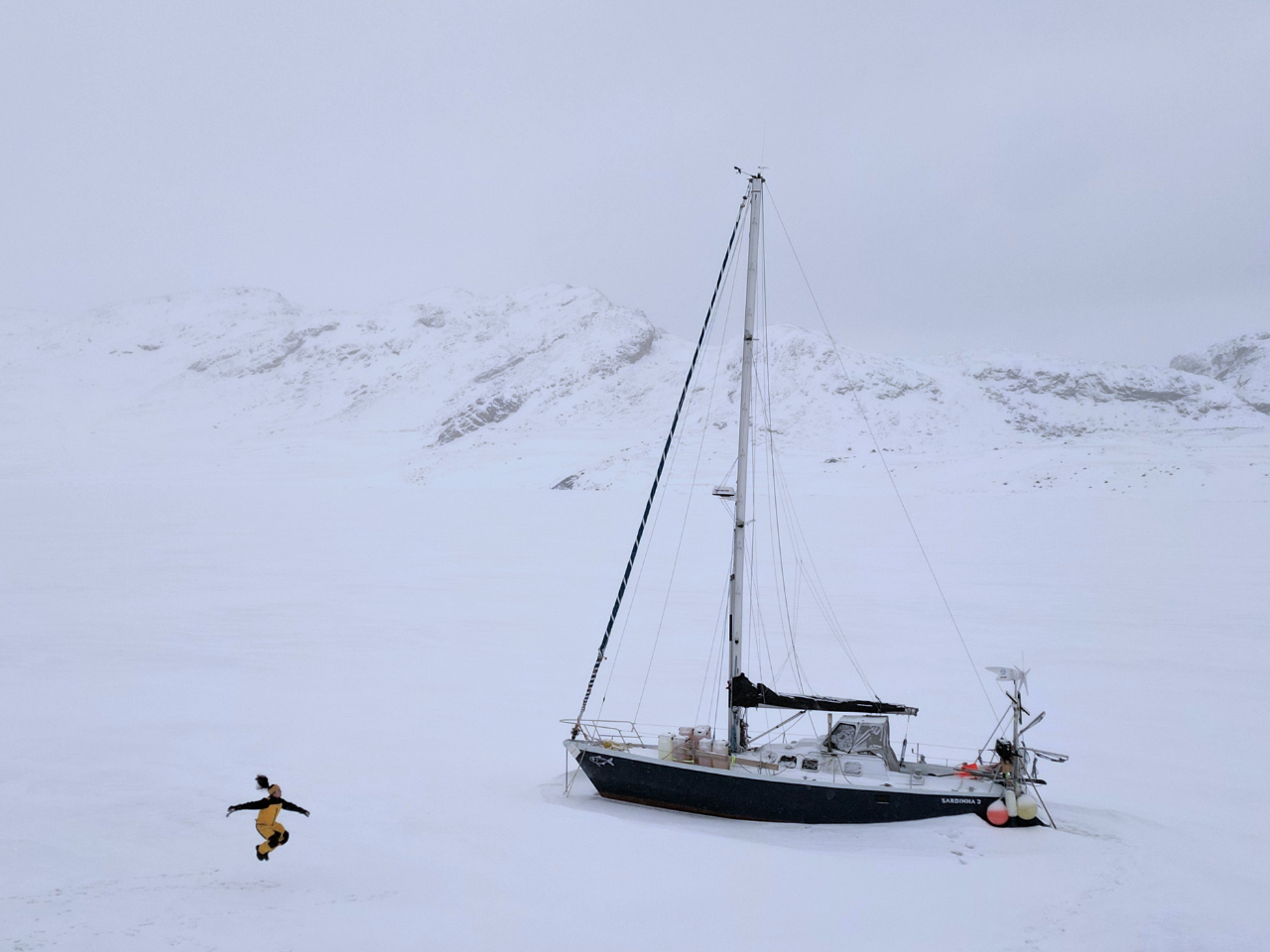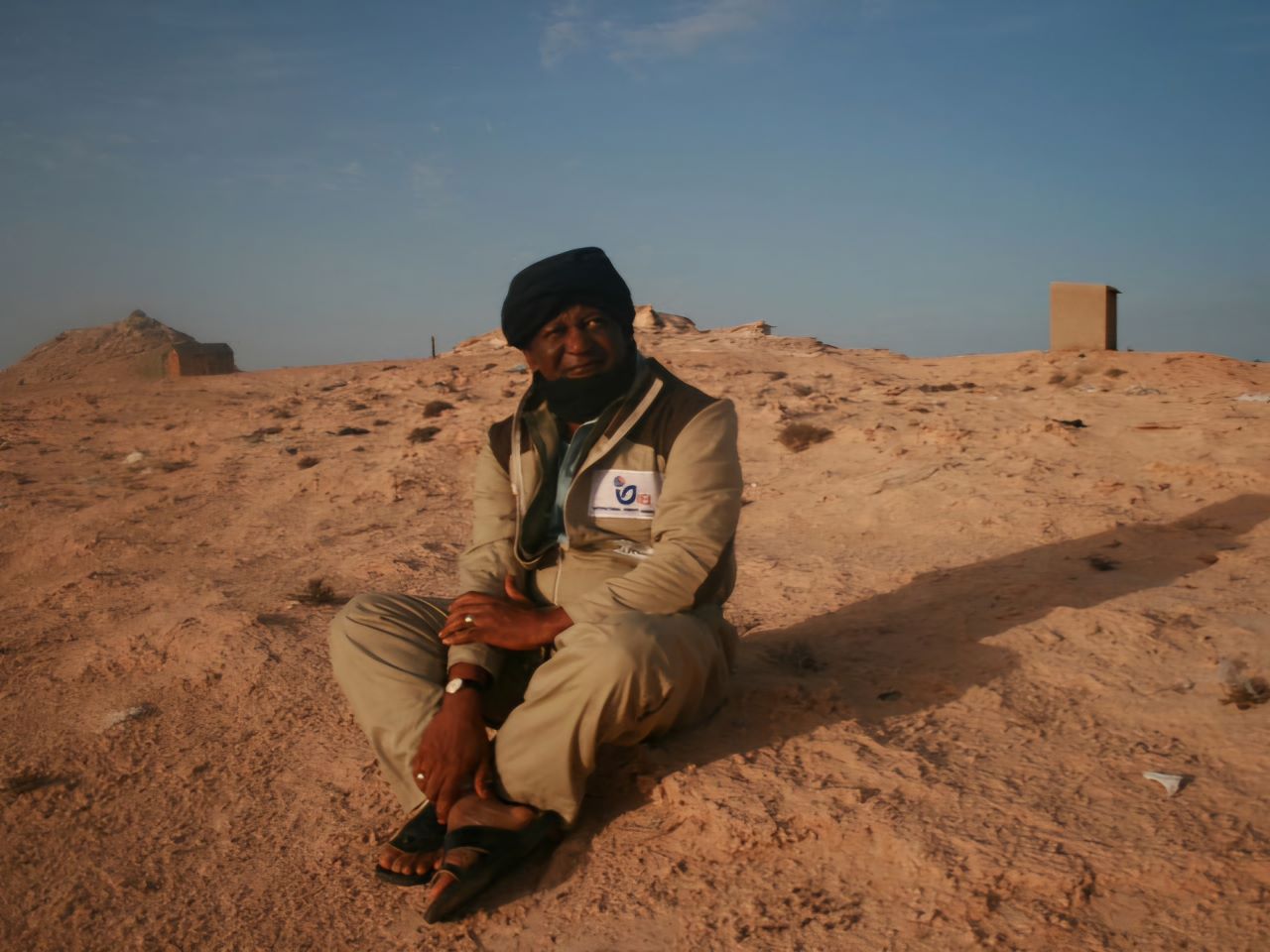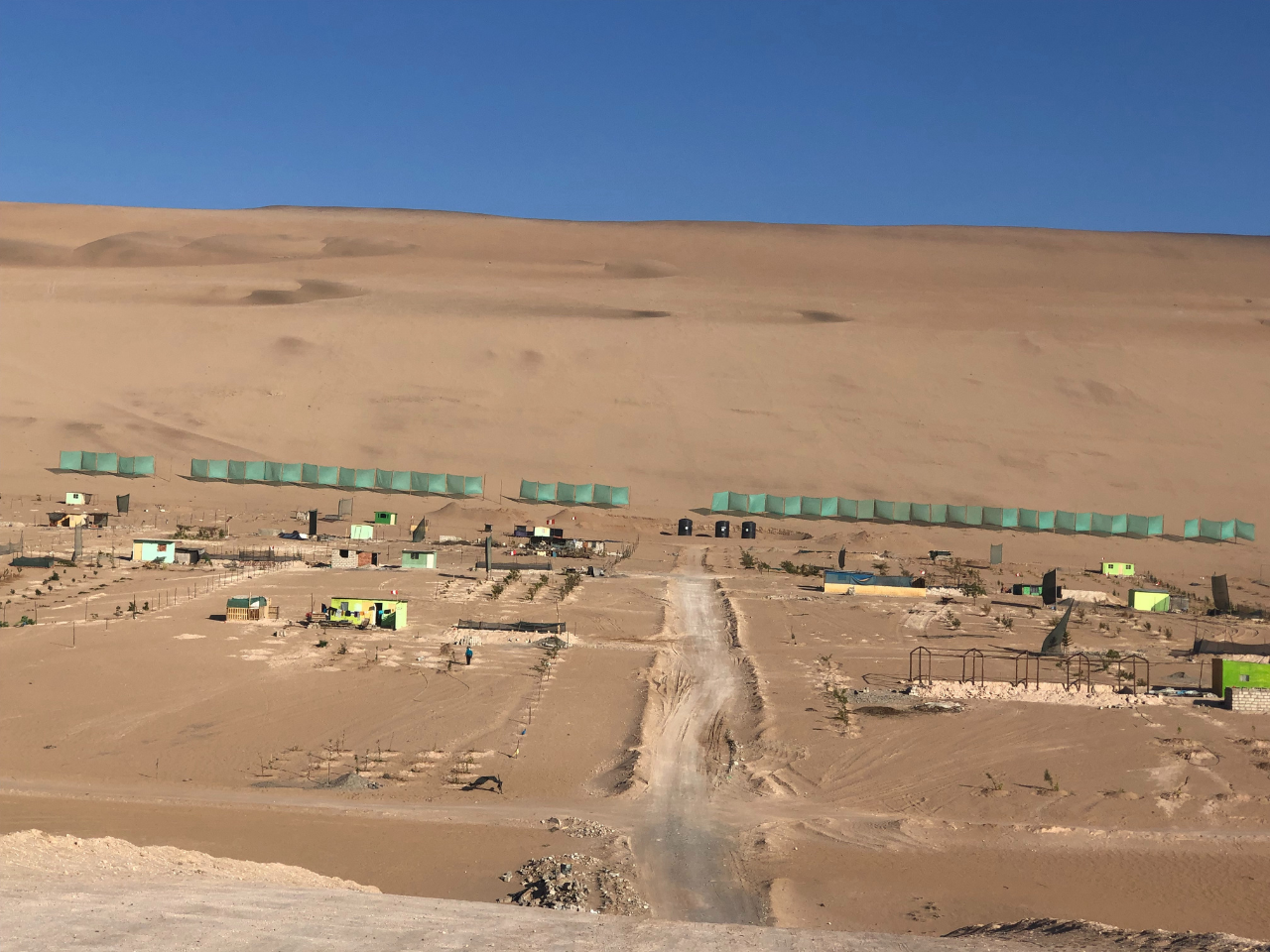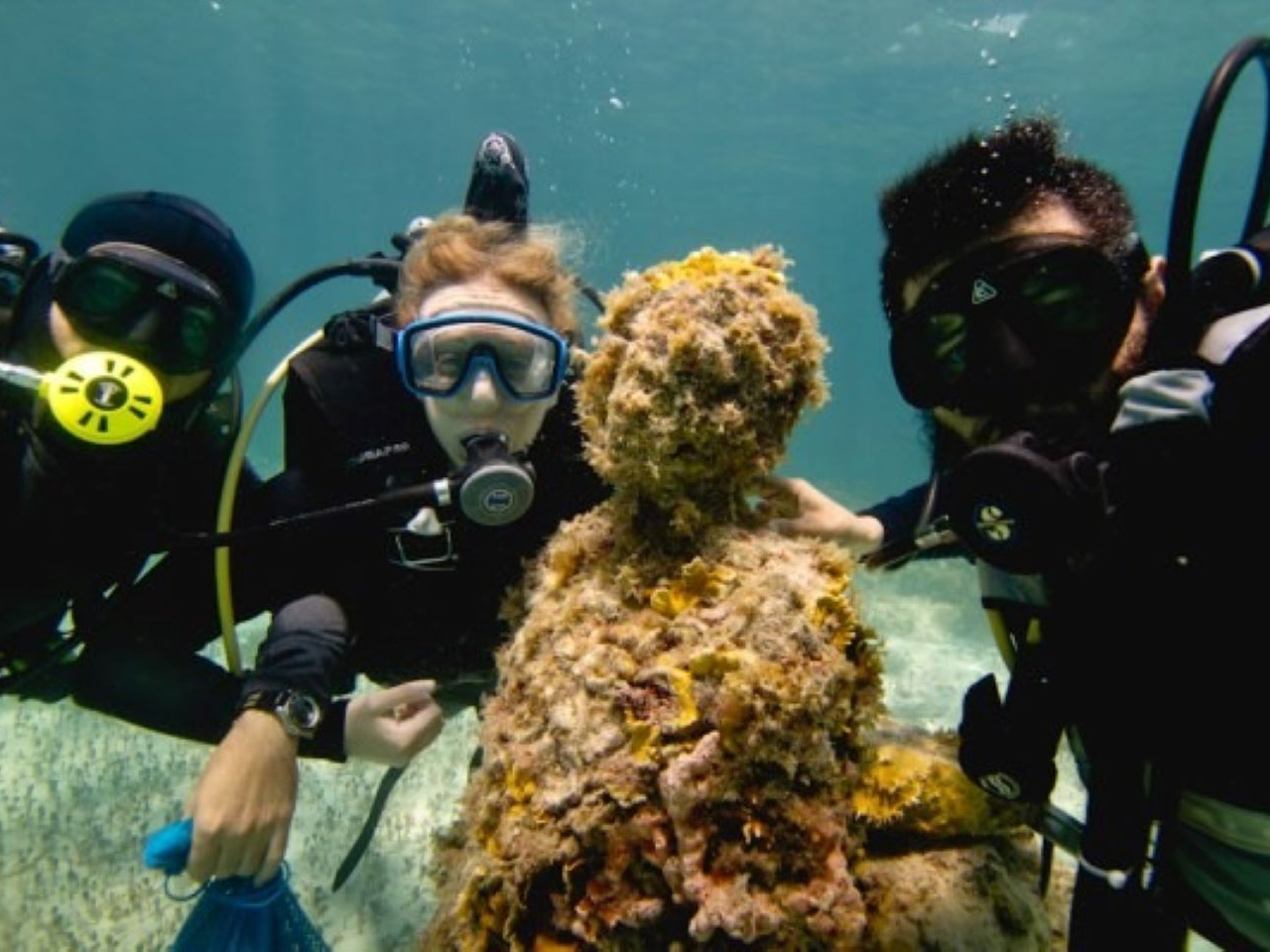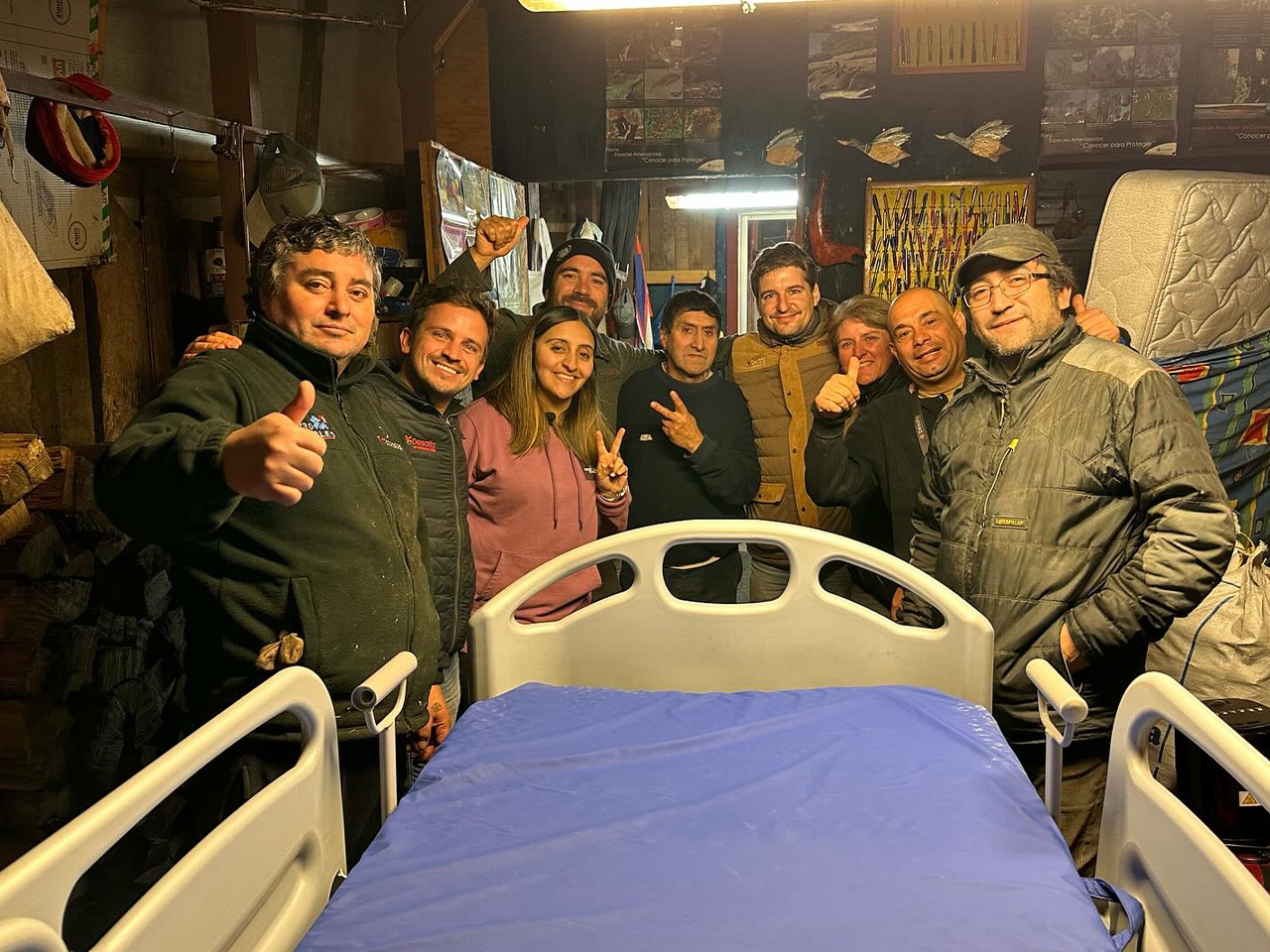Devastating floods in Brazil wash away man’s restaurant, shatter dreams and livelihood
Helicopters hovered overhead, searching for stranded families waiting on their rooftops. Canoes, boats, fishing vessels, and jet skis ferried survivors and flood victims to shelters. Amidst the chaos, desperate individuals searched everywhere in the debris for lost loved ones who paid the ultimate price.
- 2 years ago
July 15, 2024
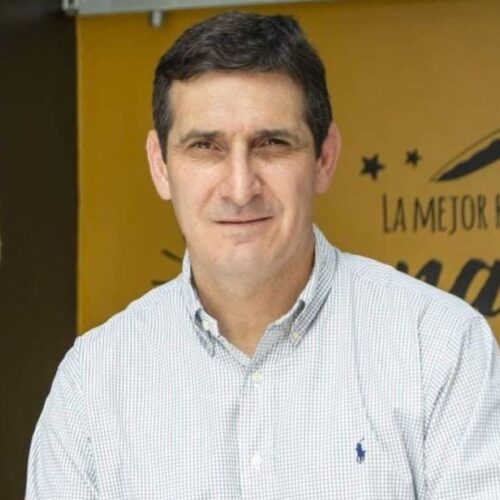
PORTO ALEGRE, Brazil — The rain started in late April in Brazil, following a familiar pattern I thought I could handle. By April 30, however, the weather intensified, pouring relentlessly without stopping. As I watched the water level rise steadily in Porto Alegre, my concern grew with it. In a rush, I began moving items from my restaurant to higher ground, hoping to return the next day, but on May 2, everything changed. Nature unleashed her fury.
Seeing the heavy downpour, it felt like an alarm bell went off in my mind. “I need to close my restaurant,” I thought. With each passing hour, the water relentlessly rose, transforming the city into what felt like a chaotic war zone. Days after that disaster, I ventured into the flooded streets to see my restaurant. When I arrived, I reached for the door with trembling hands. Inside, I found devastation. In that heartbreaking scene, my life’s work and the dreams I fought so hard for drowned before my eyes.
Porto Alegre floods: residents stranded on rooftops as city submerges
I have lived in Porto Alegre with my wife and children for 18 years. In the Menino Deus neighborhood, I owned a restaurant, a place where dreams and hard work converged. Then, disaster struck. As night fell on May 2, 2024, the rain poured down unabated for days, and the situation grew desperate. I closed my restaurant and went home, three kilometers away, in a higher area that now felt like an isolated island. Even though I sought refuge at home and felt safe, I could not shake off the feeling of helplessness.
We were trapped in a lion’s den, with only occasional glimmers of light and rescue calls echoing through megaphones. Helicopters hovered overhead, searching for stranded families waiting on their rooftops. Canoes, boats, fishing vessels, and jet skis ferried survivors and flood victims to shelters. Amidst the chaos, desperate individuals searched everywhere in the debris for lost loved ones who paid the ultimate price. Sadly, the relentless rain transformed the scene into a war zone.
Days later, desperation drove me to risk navigating the streets, hoping to reach the restaurant and recover whatever remained. I managed to get a few blocks closer in my car then had to abandon it and continue on foot. As I moved forward, I encountered severed access routes and power outages that hindered my progress. From above, the submerged landscape resembled a dark lake, strewn with debris. I saw tree trunks, branches, cars, containers, and garbage floating everywhere. Unfortunately, I could not reach the restaurant at that time.
Man’s years of hard work washed away as flood devastates his restaurant
Throughout the disaster, people were anguished as Brazil transformed into an apocalyptic landscape. I stood there, stunned. The familiar cityscape with its buildings, parked cars, and shops transformed into a vast lagoon, submerged by the floods. Schools, banks, offices, the airport, and the post office shut down. Fuel and food supplies vanished from the markets.
After 15 days without seeing my restaurant, I went to assess the situation. The alarmingly polluted water and lack of proper equipment led me to improvise. I covered myself with garbage bags, tightly wrapping my body in plastic wrap. As I waded in, I felt the water reach my waist. Its nauseating smell occasionally caused me to gag. I moved cautiously, unable to see through the dark brown broth, filled with sharp objects, fallen branches, and vermin. I worried about rats, alligators, and snakes.
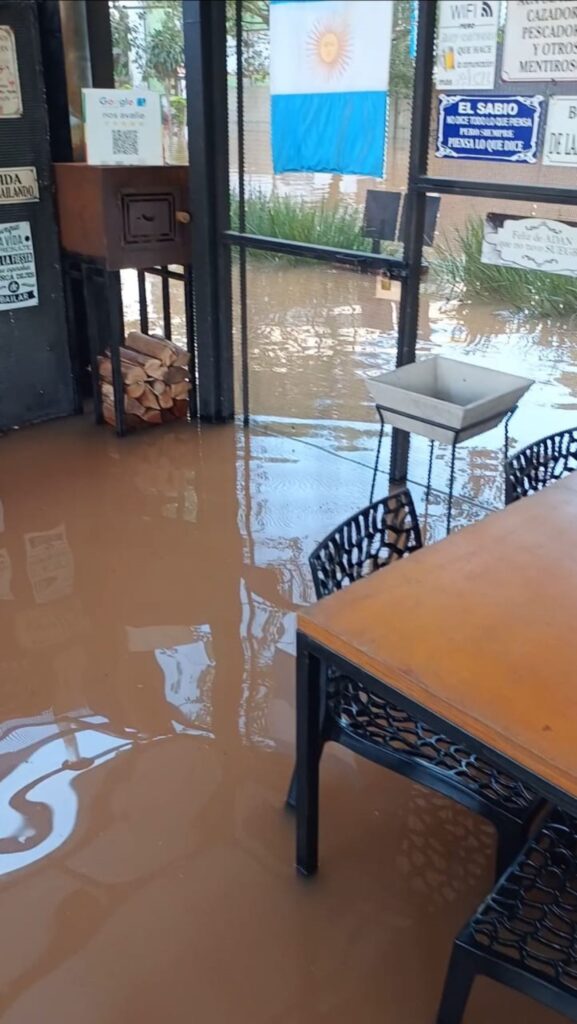
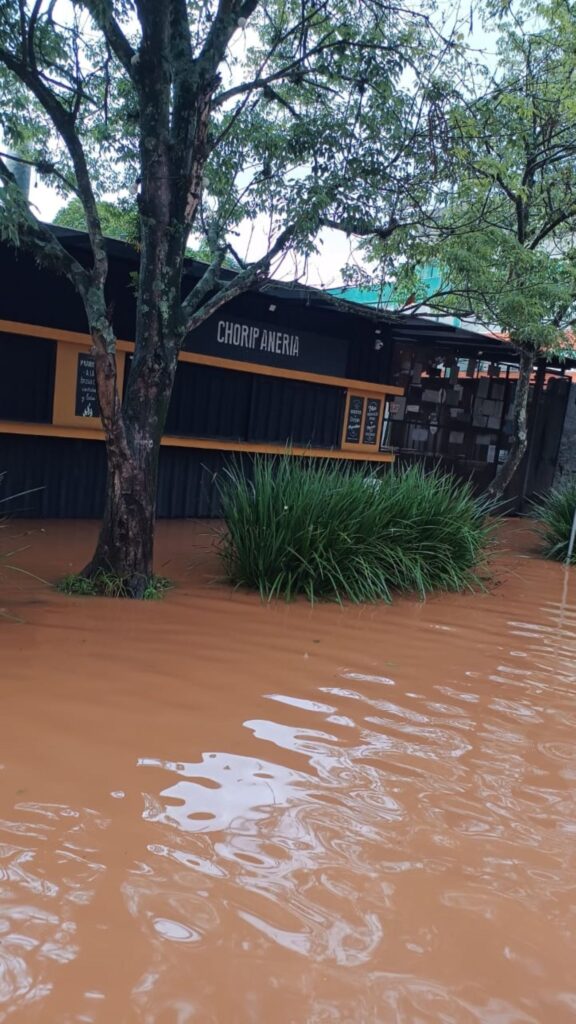
As I entered the restaurant, chaos awaited me. I found most items floating or lying broken; nothing could be salvaged. The food rotted, mud surrounded the sockets, and chairs were submerged in brown water. My eyes filled with tears as I realized I lost everything. I worked tirelessly for years, only to see my dreams shatter. I covered my face with my hands, unable to contain my sadness.
Catastrophic floods leave 150 dead, 600,000 homeless
The intensified rains forced me to close my business permanently. I lack the energy to rebuild everything from scratch. I cannot find the resources to repair what happened, and the possibility of a weather event like this recurring looms large. In response, I am contemplating returning to Argentina after nearly 20 years in Brazil.
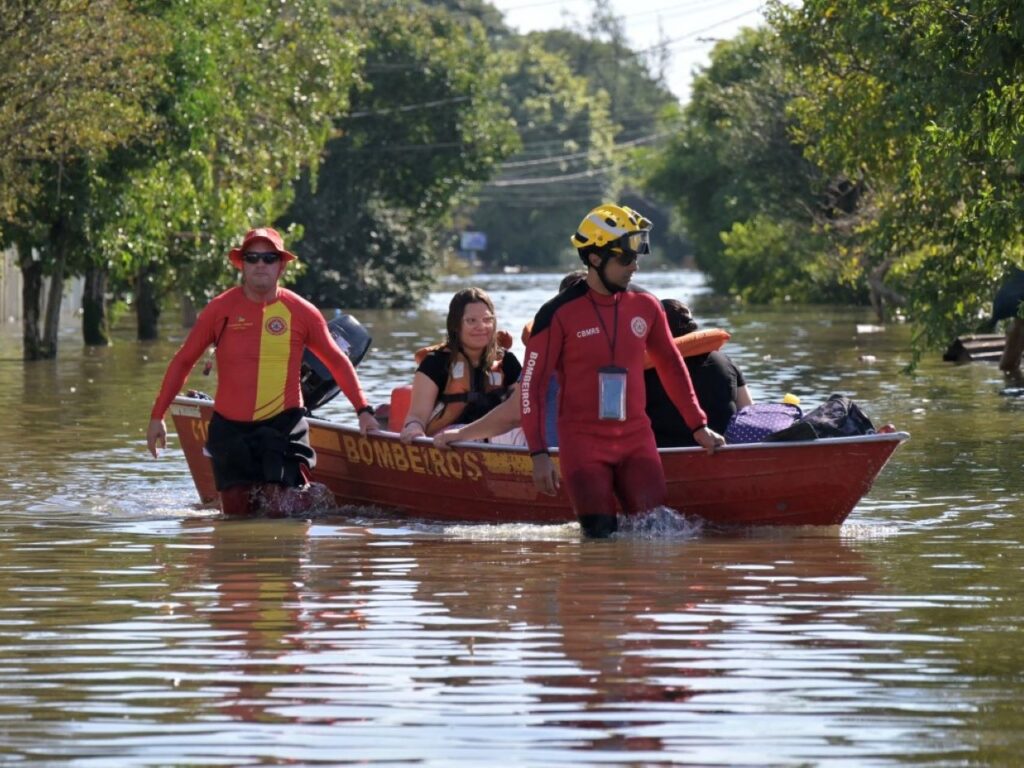
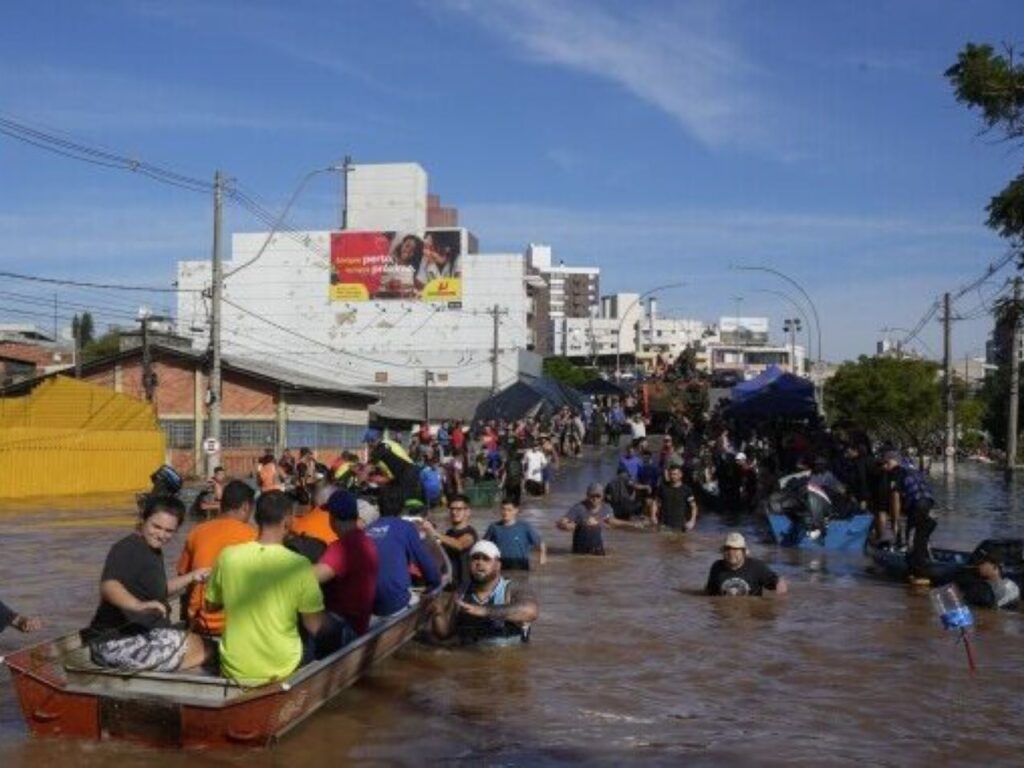
The toll of this disaster is alarming. The rains killed at least 150 people and left 130 missing. About 600,000 people lost their homes. My employees, who lived in the disaster zone, faced the same devastation, losing their homes and belongings. There is no future here; there is no hope for tomorrow.
Today, I live in a ghost town and the only thing in my line of sight is water and chaos. The emotional and economic repercussions are immense. These rains left an indelible wound on the souls of all Porto Alegre’s people. They scarred out lives, plans, and dreams. The entire populace now grapples with despair and uncertainty, while being haunted by difficult memories now forever etched in our minds.

